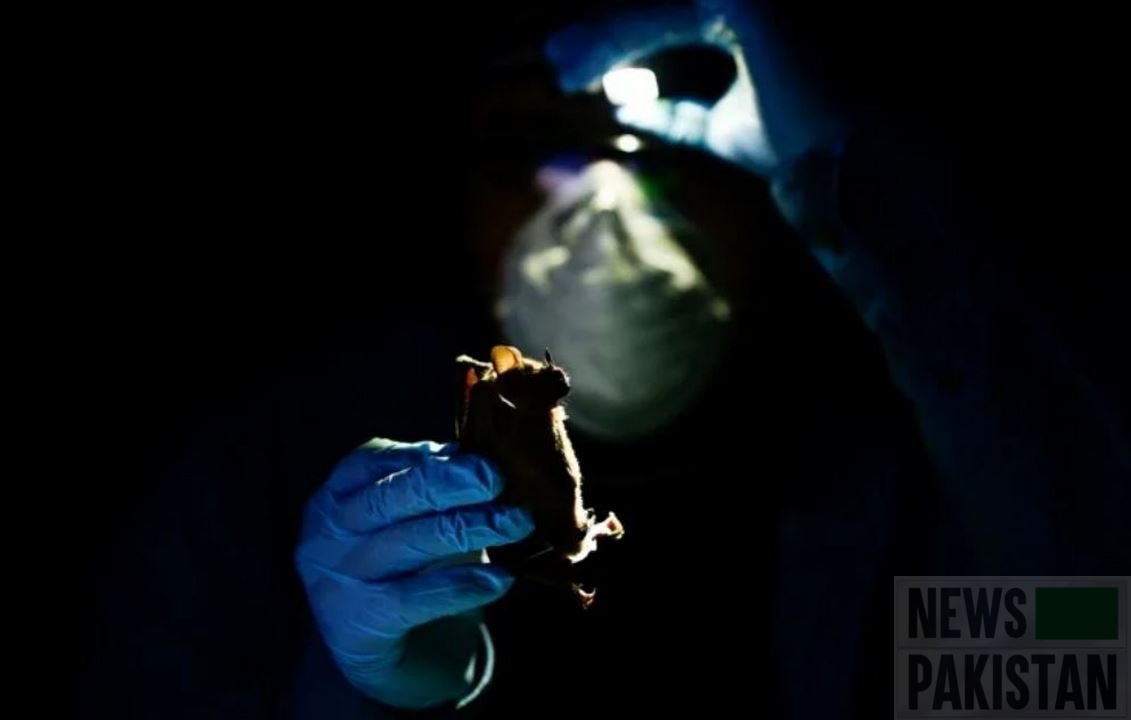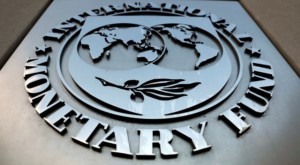TZUCACAB (Mexico): As night fell in Mexico’s Yucatan jungle, veterinarian Omar Garcia extracted blood and fluids from a bat as part of an investigation aimed at preventing the next potential pandemic.
The goal of the Franco-Mexican project is to detect diseases – known as zoonoses – transmitted from animals to humans in tropical climates.
Bats are under scrutiny from the international scientific community as a possible source of coronavirus transmission.
The winged mammal remained immobile while bearing its fangs, before being released by Garcia, a vector-borne disease expert.
Scientists from France’s Research Institute for Development (IRD) and the National Autonomous University of Mexico (UNAM) have been collaborating in the study since 2017, using a modern laboratory in Merida, the Yucatan state capital.
The aim is to discover how different viruses that circulate between animals such as mammals, birds and rodents, can potentially pass to humans, said Audrey Arnal, an infectious diseases expert at the IRD.
“This is zoonosis… understanding what the consequences of human contact with wildlife could be and then understanding what could be the next epidemic that can come out of nature,” she told the Media.
Scientists take samples of all kinds of animals from the rich ecosystem of the tropical rainforest, where they have identified 61 species of mosquitoes.
“We have many questions” to try to “complete the history of the transmission cycle” of viruses, said UNAM biologist Maria Jose Tolsa, who after a decade of research finally feels that the importance of her work is recognized.
“A pandemic has serious consequences for health and the economy,” she said.
The area was chosen for the research because rapid deforestation has made it “a highly emblematic region in terms of zoonosis emergency risks,” said Benjamin Roche, a specialist in ecology and evolutionary biology at the IRD.
It is estimated that between 500,000 and 800,000 viruses could affect humans, he added.
The risks grow with the expansion of agriculture and tourism, which increase contact between animals and humans, according to researchers.
Thousands of trees have been felled in the Yucatan Peninsula to build President Andres Manuel Lopez Obrador’s flagship tourist rail project, the Mayan Train, scheduled to start operating in December.
The government says that it is offsetting the loss with a tree-planting program and the creation of the second-largest tropical rainforest reserve in the world after the Amazon.
The key is to achieve a balance between humans and nature, Arnal said.
APP/AFP
Newspakistan.tv











